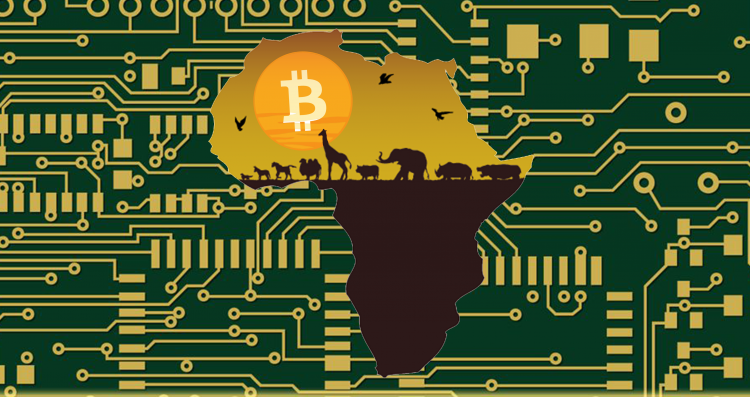Blockchain Education in Africa: An Establishment Of Global Talent Source?

Not to import, but to cultivate
In 2011, the Economist predicted an excellent future for Africa, and for a good reason: the economies of many countries are developing at a very intense pace. In the next decade, this fast-running train will need new personnel. Why import expensive professionals when you can educate on the spot? There are many prerequisites.
“We talked to authorities such as National Social Security Found (NSSF). Here we could see a difference that the decisions take about 6 months to make the first blockchain pilot projects. In Europe we know that such projects will only become interesting in 5-10 years,”
— Paul MIZEL, CEO of Asure.Network, shared his impressions. According to him, the agrarian country is already implementing the blockchain. The farmer industry is in a state of rapid development, e.g. in the coffee sector Uganda is the largest African exporter, according to Uganda Coffee Farmers Alliance (UCFA). In this area, the projects try to improve supply chain processes with the help of blockchain technology by ensuring transparency, cost savings and origin. Experts in this area are worth their weight in gold.
Make haste while the sun shines
In addition to private courses and schools in Nairobi, they have achieved significant success in cooperation with the International University of Kenya — in 2019, adoption of blockchain curriculum was scheduled. Nakia said in an interview that the program is aimed not only at raising engineers, but also managers who can sell this technology and implement it in the business architecture. According to her, the experience of introducing DLT in the real estate segment has already paid off in combating corruption, fraud, and bureaucracy.
With such practical experience, African blockchain experts will be in high demand. Understanding this, they seek to get a relevant education and improve their qualifications — this guarantees further employment. It’s possible that many of them will find the use of their skills in the global labor market.
“Kenya is at the forefront of the blockchain implementation. There is the African Digital Asset framework, led my Marvin H. Coleby, the Blockchain and AI committee led by Bitange Ndemo and the accouchement of leveraging blockchain for affordable housing by Housing Cabinet Secretary Charles Hinga,”
— Nakia J WHITE notes the active interest of the government in educational programs.
However, most of the educational tasks and training are still based on private initiatives. It was told by John LOMBELA, an entrepreneur from South Africa, the head of the Cryptovecs Capital. As a software developer with a decade of experience, John saw opportunities in cryptocurrency that he successfully implemented. Now he wants to share his experience and knowledge with students, but it's not so easy. Pushing the initiative into government institutions is hampered by the same bureaucracy and often common misunderstanding on the part of the management of the universities.
However, the initiative group, which is led by John LOMBELA himself and Yaliwe SOKO, the chairwoman of the Blockchain Association of Africa, does not give up — the Blockchain Academy project is fully ready and will be launched sooner or later. According to Yaliwe, in Africa they adhere to the principle of ‘each one teach one’ — if you succeed in something, then teach another person. According to the organizers, the creation of educational platforms in Africa will give a second wind to the industry on the continent, and it is better to be in the workflow at that moment — perhaps it will overwhelm the industry throughout the world.
Imaqe courtesy of: Mattlumine.com